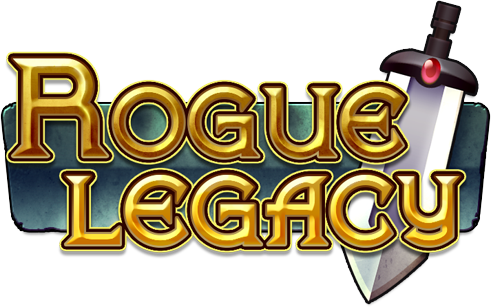Trending
Opinion: How will Project 2025 impact game developers?
The Heritage Foundation's manifesto for the possible next administration could do great harm to many, including large portions of the game development community.
Death, permadeath, and perma-non-death.


I talked about how death is tackled in a unique way in the Dark Souls series, in that it is a mechanic of the game itself and not just a static fail-state. Each death, in effect, happened and is lore compliant. Most of the AAA market has death operate as a mechanism to stop the action and simply try again (notable exceptions aside). When the game reloads, the death never happened in the story and the game is resumed. Again, this I find to be mechanically and narratively, to put it bluntly, lazy.
Roguelikes then seemingly take the complete opposite approach. Death is still a static game over or fail-state, but permanent. Like in Dark Souls, dying in a roguelike canonically happened and no amount of effort can undo that death. Yet, unlike Dark Souls the character is not a chosen undead thus there is no resurrection and cyclicity, the story is concluded. While frustrating in the short-term, narratively this is far more interesting, raising the stakes and making any adventure potentially -- and permanently -- fatal.
This "ironman" approach to gaming and its revival in the wake of noteworthy genre blends such as 2011's Binding of Isaac is kind of humorous if you think about it. This is a genre built around randomness, anti-determinism (often the player has little control over events), and finality. There are no overarching narratives beyond the one tied to your current character. It's about as commercially unfriendly, uncasual, and unreasonable as it sounds. Yet, the near constant stress seems to have struck a chord with gamers, particularly the indie sphere.
as 2011's Binding of Isaac is kind of humorous if you think about it. This is a genre built around randomness, anti-determinism (often the player has little control over events), and finality. There are no overarching narratives beyond the one tied to your current character. It's about as commercially unfriendly, uncasual, and unreasonable as it sounds. Yet, the near constant stress seems to have struck a chord with gamers, particularly the indie sphere.
And this leads to why 2013's Rogue Legacy's treatment of permadeath is so god-damned brilliant.
It is not uncommon for roguelikes to take advantage of the invariably arcady feel to them. They reward multiple playthroughs with unlockables, new characters, dungeons etc. etc. The aforementioned Binding of Isaac is a franchise literally built upon that. What Rogue Legacy does is mechanically identical: by simply continuing to play you can unlock more options and upgrades for the player. What is different is how it is handled:
When a character dies in "Rogue Legacy", it is still the end of that character's life. They are dead and stay dead. However, the next playthrough has player control the descendent of that dead adventurer, utilizing the resources gathered by that ancestor. Therefore not only is death part of the narrative but also a necessity for progress. Strategically dying is often better than wallowing in futility with an ill-equipped character.
and stay dead. However, the next playthrough has player control the descendent of that dead adventurer, utilizing the resources gathered by that ancestor. Therefore not only is death part of the narrative but also a necessity for progress. Strategically dying is often better than wallowing in futility with an ill-equipped character.
I have mentioned that performatism in gaming needs to reconcile its mechanics with the narrative in a way that creates a totality. I cannot think of a game that does this more clearly and effortlessly than Rogue Legacy. Even Dark Souls requires an explanation that is still, perhaps, a bit obtuse. Rogue Legacy developer Teddy Lee has come up with a game concept that is far more approachable than the standard roguelike permadeath, skirts around the problems related to permadeath without copying Dark Souls ' pick-up-your-stuff-where-you-died idea, yet is still an uncompromisingly difficult roguelike.
When considering both games, I have become especially jaded. Reloading a screen after death is just plain boring by comparison and there is no reason it should be. I hate the idea that a character death or fail-state can simply be undone -- I want that to be a part of the story, not a tedious load time. The two mentioned games, and especially Rogue Legacy have found a perfect compromise: yes, that death happened and there is no undoing it, but that death is not final but simply part of the story..
Read more about:
BlogsYou May Also Like